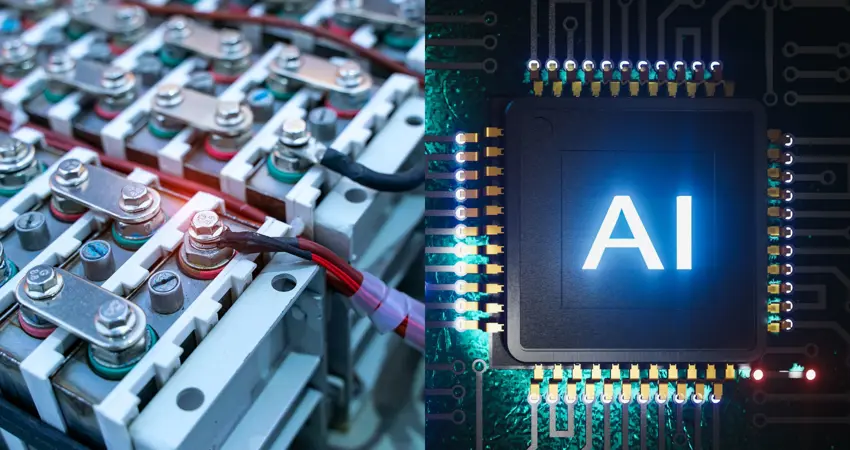26 Sep 2024
Oxford Engineers to contribute to two new Oxford Martin programmes
AI threats and ‘second-life’ EV batteries are focus of two new programmes that aim to develop research solutions to the most pressing 21st century issues

The programmes will tackle the critical challenges of how we can improve our ability to detect attacks on AI systems; effectively redeploy electric vehicle batteries through ‘second-life’ schemes when they reach the end of their life; and optimally and ethically employ digital tools during a pandemic. The Department of Engineering Science is involved in the first two of these programmes.
Professor Sir Charles Godfray, Director of the Oxford Martin School, said:
‘I am really excited about the three new programmes which I believe will help address a broad range of challenges facing us in the coming decades. I am confident the researchers working on these programmes will continue our rich tradition of addressing these challenges in novel and innovative ways.’
Effectively detecting compromised AI systems
The Oxford Martin Programme on AI Threat Detection aims to address a worrying gap in our ability to detect attacks on systems that use artificial intelligence, despite our increasing reliance on AI. Although ongoing research is focused on identifying and eliminating vulnerabilities and potential attack points in AI systems, there are no specific methods to detect whether they have been compromised or predict how such risks might spread or cause harm.
Programme Director Professor Steve Roberts says:
“Artificial Intelligence (AI) is now prevalent in every part of our life and is rapidly transforming our world. However, despite our increasing reliance on AI, there remains a worrying gap in our ability to detect attacks on AI systems. The Oxford Martin Programme on AI Threat Detection looks to address this. The team aims to create threat-detection tools that will continuously monitor AI-based systems for tell-tale signs of compromise at all points of the AI lifecycle. Recognising the fingerprints of compromised AI is an important step towards creating an infrastructure of safer algorithms and improved trust in AI-enabled systems.”
Giving a second life to EV batteries
The Oxford Martin Programme on Circular Battery Economies seeks to explore how best to utilise the economic value and various uses electric vehicle batteries have when they reach the end of their life. Ensuring a battery is given a second life in this manner is preferable to direct recycling because its significant economic value and embedded carbon materials are better utilised – a key principle of a circular battery economy.
Programme Director and Professor of Sustainable Energy Engineering, Paul Shearing, said:
“Energy storage is central to decarbonisation, but a lack of understanding of the full life cycle of Li-ion batteries could derail widespread electrification. Understanding the second life pathways for batteries, and ensuring safe redeployment with proper consideration of energy justice, is central to establishing a battery circular economy, which is the ambition of this new, exciting programme.”




